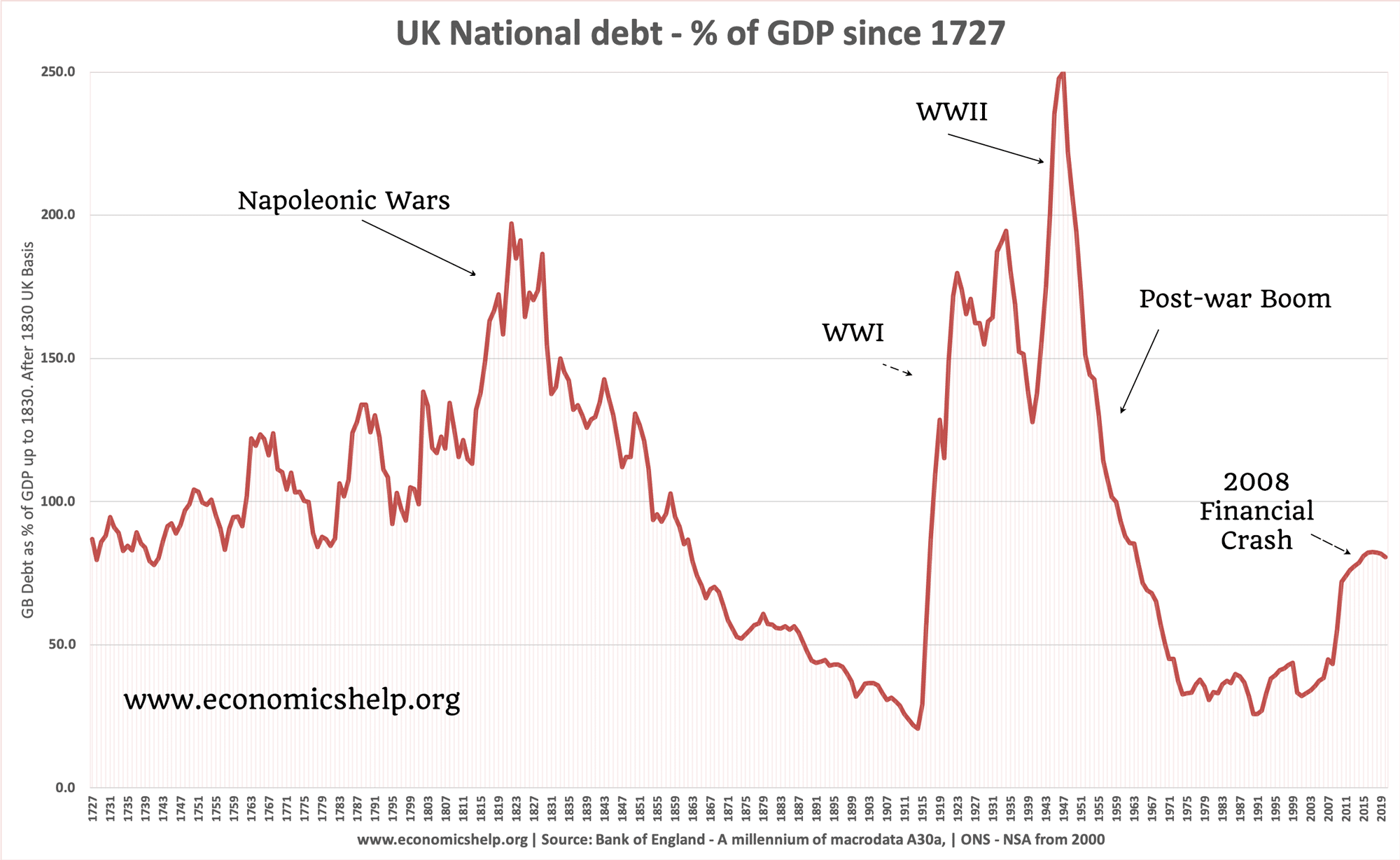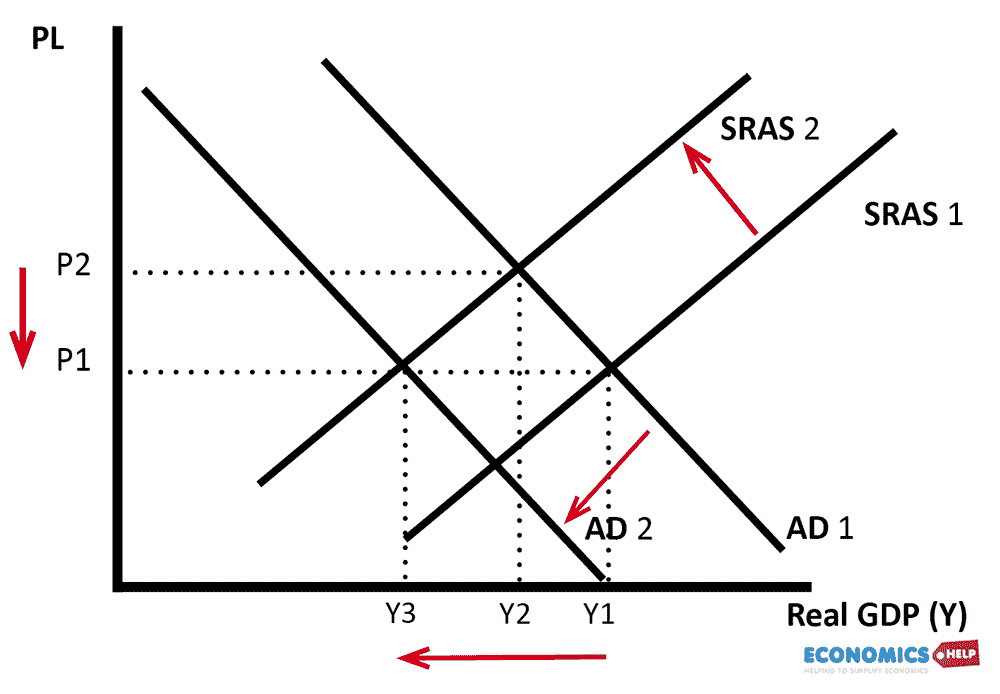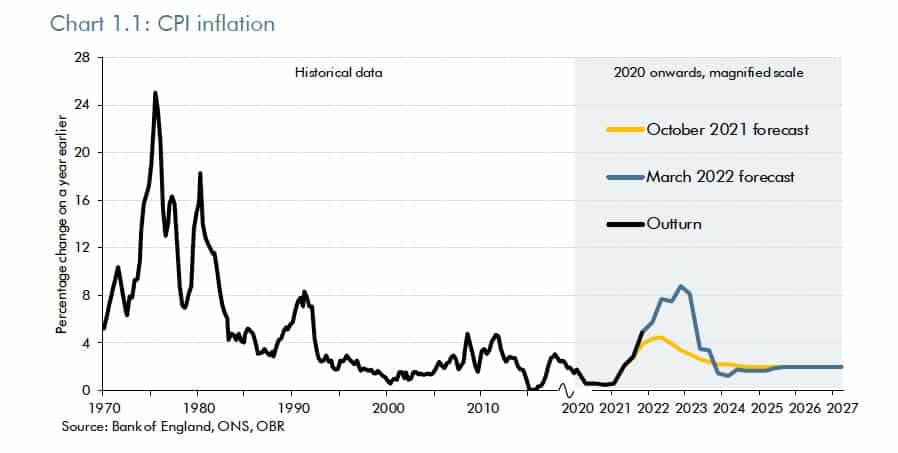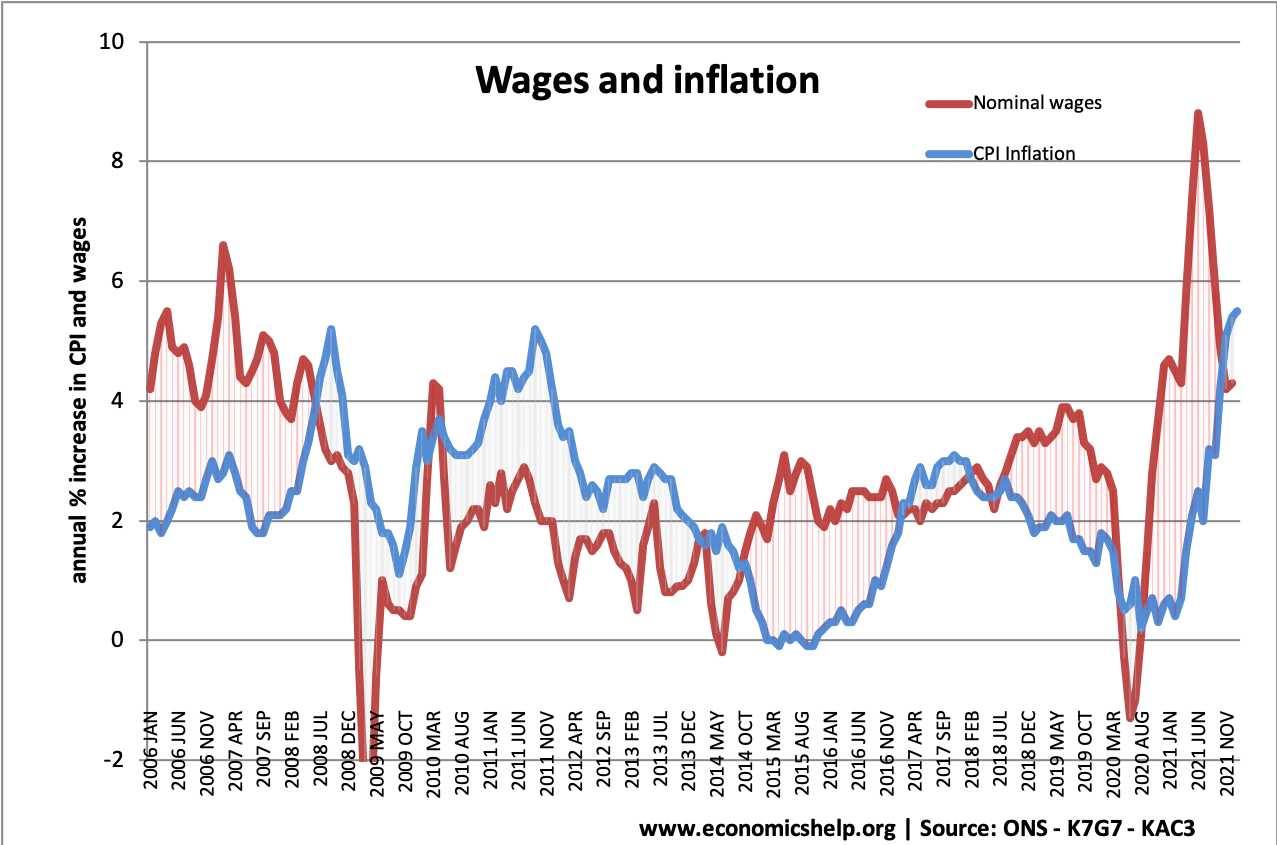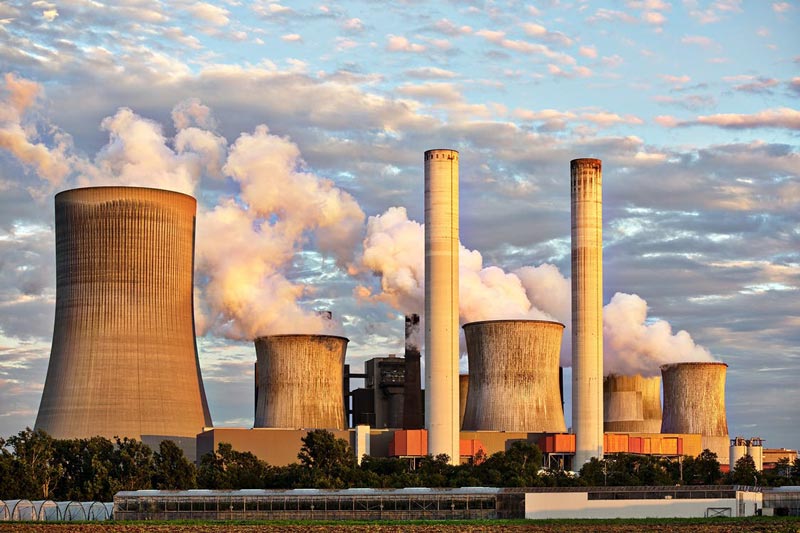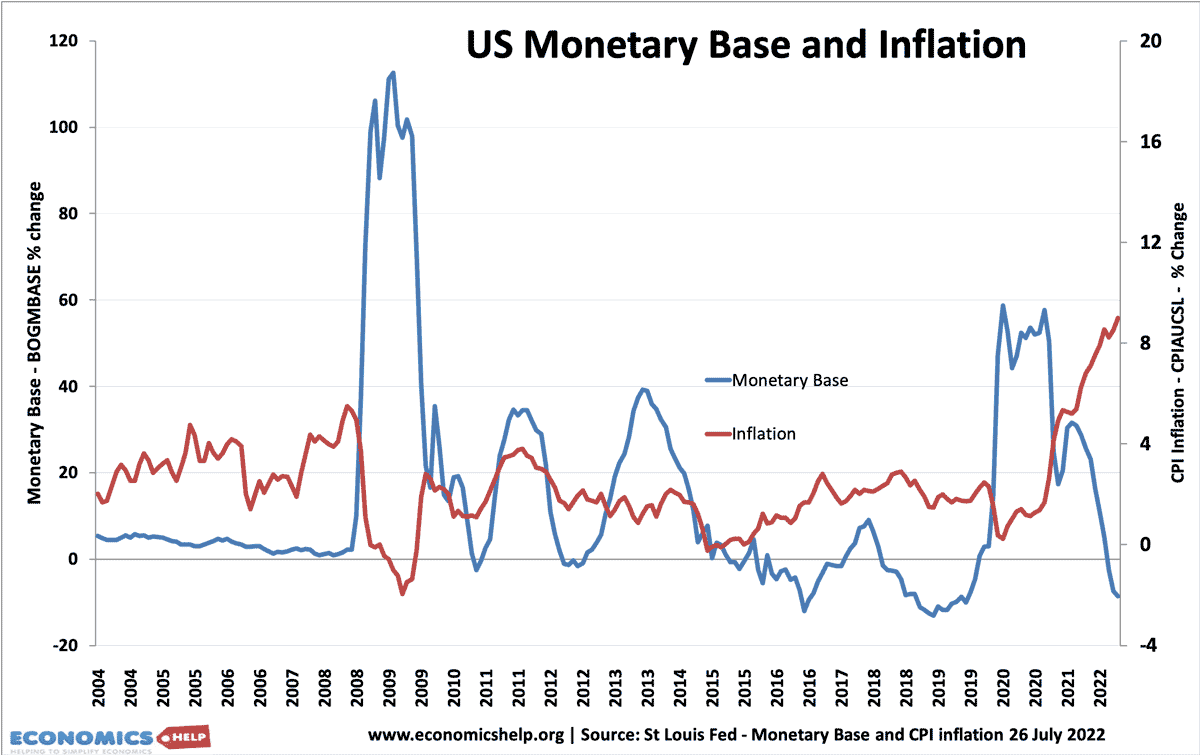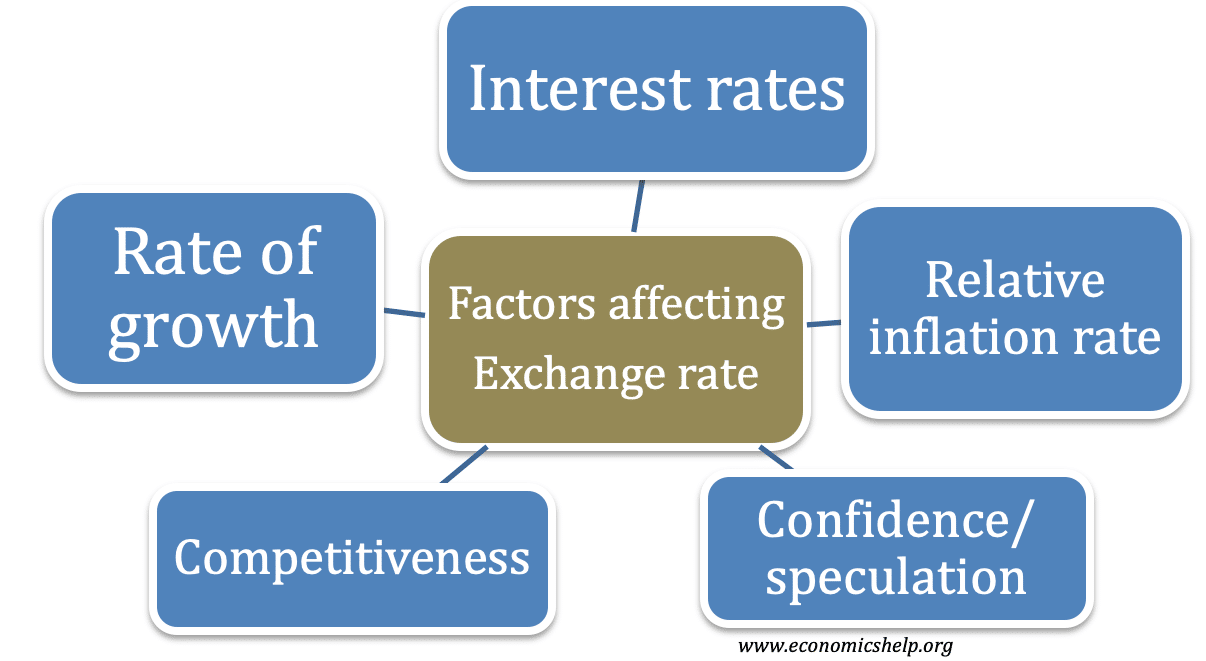Historical UK national debt
Click to enlarge National debt (public sector debt) is the total amount of liabilities the government owe to the private sector (plus liabilities held by Central Bank). National debt is typically bought by domestic private sector (banks, insurance funds, pension funds) and foreign investors (foreign banks) Recently some has been bought by the Bank of …

